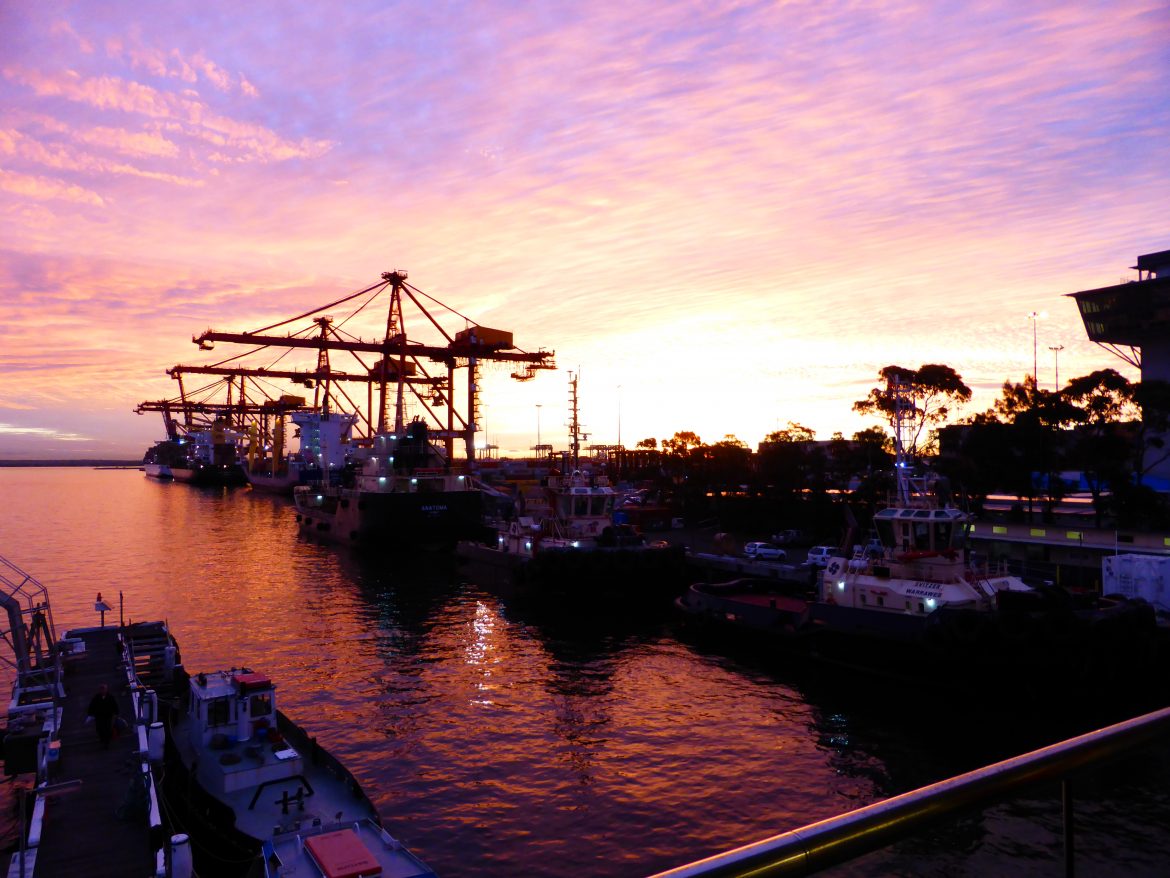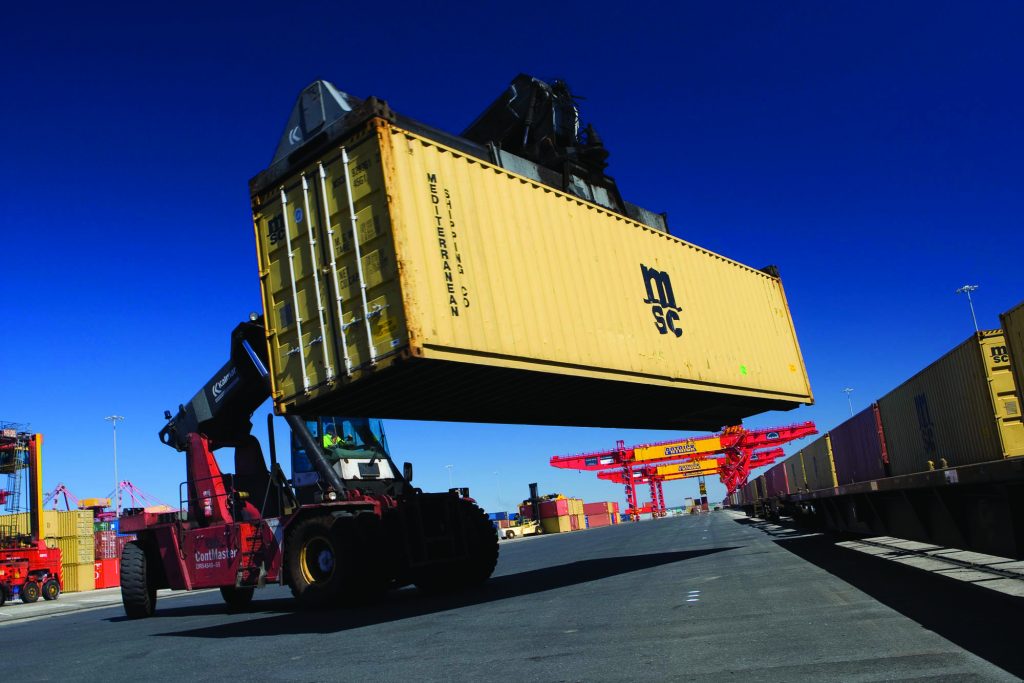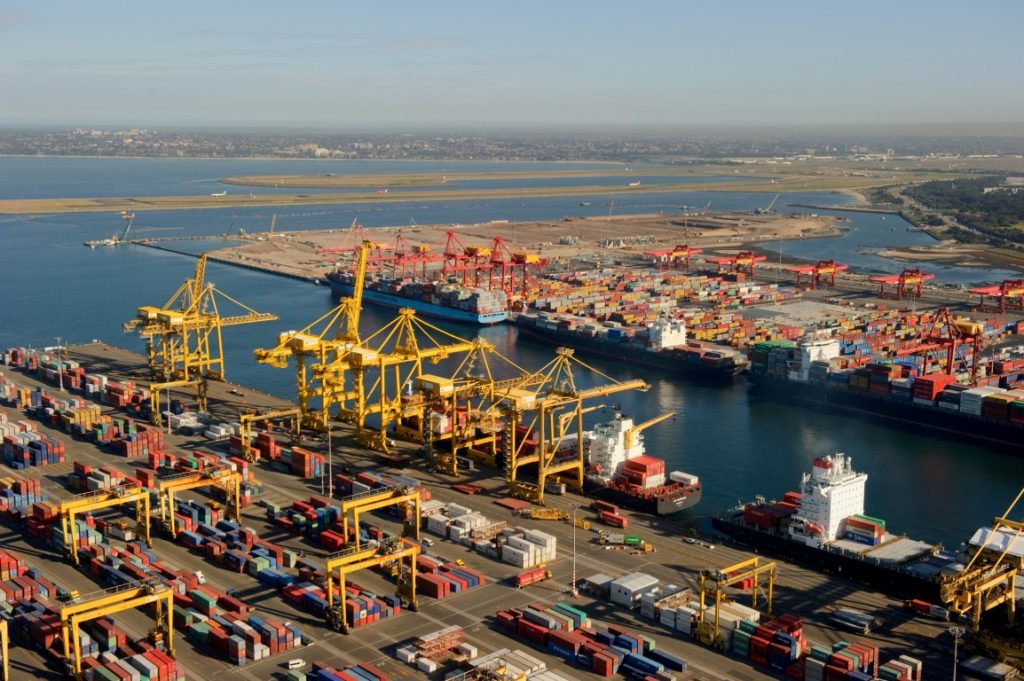The movement of freight and people within a country and outside its borders is a task that is crucial to the functioning of the economy. Australia has a sizeable farm output, a large portion of which is exported, and a well-developed mining industry, both of which depend on transportation for the success that they enjoy. Additionally, the efficient movement of people within the country is an essential part of day-to-day activities. Consequently, Australia has a flourishing transport and logistics sector which is a major component of the economy.
Freight logistics is about 14.5% of Australian GDP and employs 1.25 million people. Even a marginal improvement in the productivity of this sector could result in a boost to the overall economy. The Chartered Institute of Logistics and Transport, Australia (CILTA), which has been working for 80 years in the country, plays a crucial role in this endeavour by providing leadership in professional development and supporting continuous improvement.
Dr. Binning outlined CILTA’s growth, “There have been peaks in our growth and currently we are in another growth spurt. We reinvent ourselves in so many ways every so often. At the moment there is a lot that we are doing in transport and logistics in Australia. I think that the realisation is starting to hit home that Australia is part of the International supply chain and that we are part of an international organisation.
“We conducted a strategic planning exercise in Canberra that was particularly well attended and the clear message that came out of that was that we need to be sharper and crisper and there is a fluctuating growth pattern and we are now experiencing a sharp increase in our level of activities.
“The way we are organised is that we have geographic sections for each of the states and territories in Australia to run relevant events, which on the one hand enable the members to be informed about pertinent initiatives by keynote speakers and also encourage networking. We also have various industry sectors represented and this facilitates discussion geared towards particular sectors. Our National Office coordinates these activities as well as runs our website, marketing, various programs in which we are involved including Mentoring, industry updates, our Annual Awards for Excellence Event, webinar presentations and online contact databases.
CILT has a tiered membership grading system whereby recognising members for their levels of experience within the Industry and their qualifications gained and offer pathways for members to progress through the grades. The lower grades are designed for those starting out in their careers or for those that are involved in the Industry but their roles aren’t specific to the trade. The grades that give members post nominals and recognition range from those in their first roles to senior managers and leaders who significantly contribute to our Institute and Industry.”
CILTA is an active career partner for its members
As well as recognition through Membership Grades, the Institute conducts webinars, short courses and mentoring programs for its members. Exceptional achievement is recognised by the Certified Professional Logistician, Certified Transport Planner and Certified Passenger Professional certifications. The annual National Excellence Awards provides a platform for high-achievers to showcase their attainments and organisations to celebrate their accomplishments.
In fact our last two years Young Professionals of the Year have gone on to represent Australia in the International Awards and been named International Young Professional of the Year. These individuals came from very different backgrounds, showing just how diverse our Industry can be – the first the owner of a 3PL warehousing, distributing and freight forwarding business for online retailers and the second a behavioural psychologist who is employed within Train Service Delivery (TSD), responsible for rail operations specifically in the management of a Desktop Simulator project, as well as a number of critical tasks related to TSD SPAD (signal passed at danger) management.
Hanna Lucas pointed out that, “We encourage active involvement of our members, providing them with the opportunity to share what they are achieving in Industry. Over the past two years we have developed and are continually improving our online interface for members. This online membership platform provides a document library, a membership directory, a specialist directory, a blog interface, easy booking and tracking of events and easy access to subscriptions and profile details.
“Just recently we have released a continuing professional development (CPD) module so members can track their professional development via a points system and a Professional Development Directory listing a range of courses and programs available within the transport and logistics field, cutting out the need for extra search time for members when looking for extra learnings.”
“The Institute has partnerships with several corporates. Our industry organisations that partner with us on programs, activities, events and for membership for their employees as well as professional development providers that have their courses accredited, certified and recognised and appear in our Professional Development Directory.”
Hanna Lucas gave further details about some of the current business partnerships which CILTA has in place, “Our major corporate partners are Mack Trucks, Telstra, NetSuite and APS Group, who have supported the Institute for a number of years, one of their big involvements is via our Annual Awards for Excellence Event. They also get involved in Webinar Presentations, Member Deals, Mentoring Programs and local events.”
CILTA is also in the process of establishing formal partnership arrangements with professional development organisations which will work towards designing tailor-made training programs for members to suit their specific requirements.
How CILTA is run
Dr. Binning explains the unique manner in which CILTA is managed, “Essentially we are a voluntary organisation run by our members. We do have a small team at National office that coordinate us all, however our National Council, Section and Sector Committees are all run by our members.
“As a sort of analogy we are similar in many ways to Engineers Australia or CPA, the Certified Practising Accountants, Australia association. We are primarily about promoting professional standards and professional development for our members.
“Twenty years ago I was a civil engineer in a state government road authority and the road authority got to a stage where it was not just as simple as providing road infrastructure. The important issues relating to the economics of large combination trucks and also many changes to urban road travel were just starting to take form. I was encouraged by some people that I was working with at the time to join the Chartered Institute and almost from day one I have found myself on section committees and progressively moved through the organisation to the position of National Chairman.”
CILTA is unique in that it represents the entire logistics and transport industry. It covers the complete spectrum of activities ranging from transporting passengers and moving freight to managing Australia’s domestic and international supply chain. Additionally, it is part of a truly global and international organisation. Representatives from CILTA will be attending the international convention in Dubai this September. There is no other organisation with a similar geographic spread and depth of coverage.
Dr. Binning describes the goals of CILTA, “It would be a far more visible presence in the marketplace. In some ways we are a fairly well kept secret and we are keen to do better than that. Our presence will be such that people in the industry who come on board as members see us as a career partner. We have suppliers as members who are major industry leaders. As an organisation we can contribute to productivity improvements and this is in Australia’s national interest. We also want to make people more aware of the global supply chain within which we operate. We want to make a valuable contribution to Australia’s national interest.”




 This information will never be shared to third parties
This information will never be shared to third parties